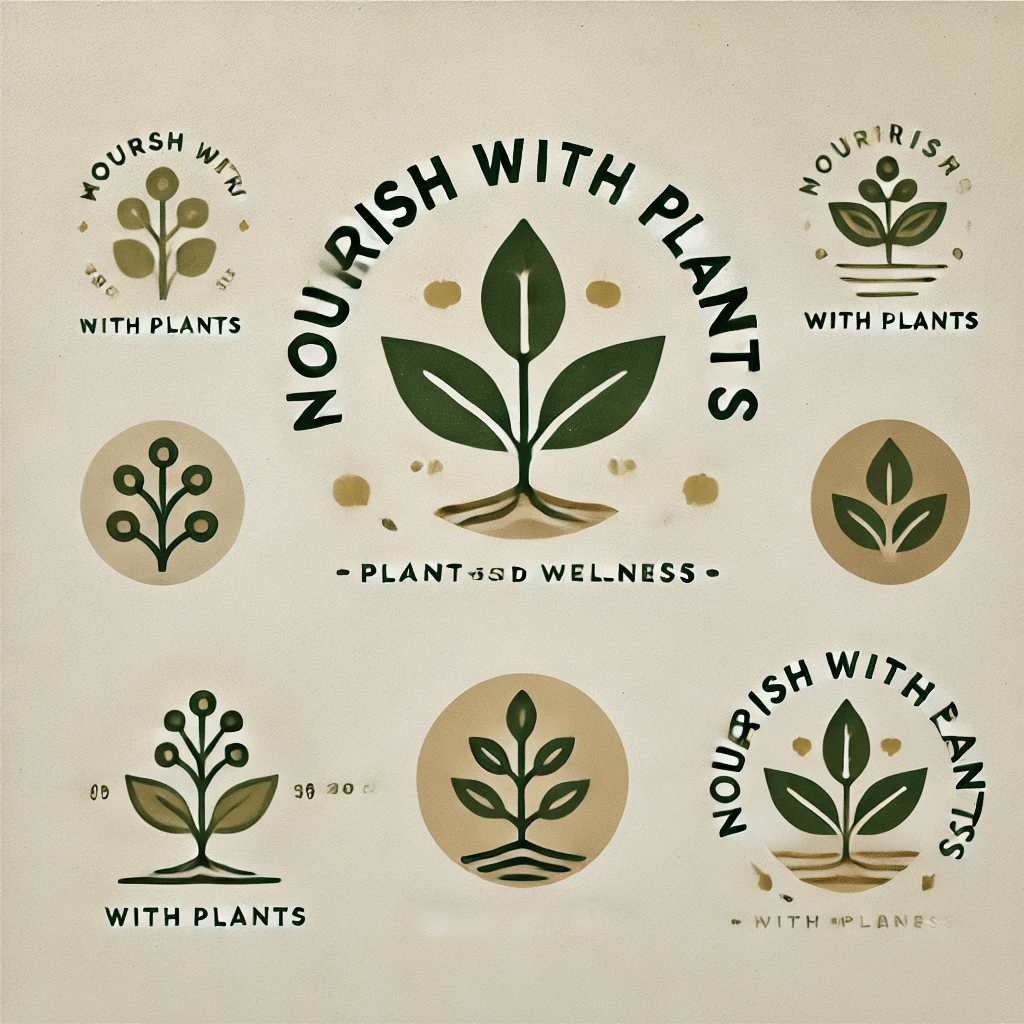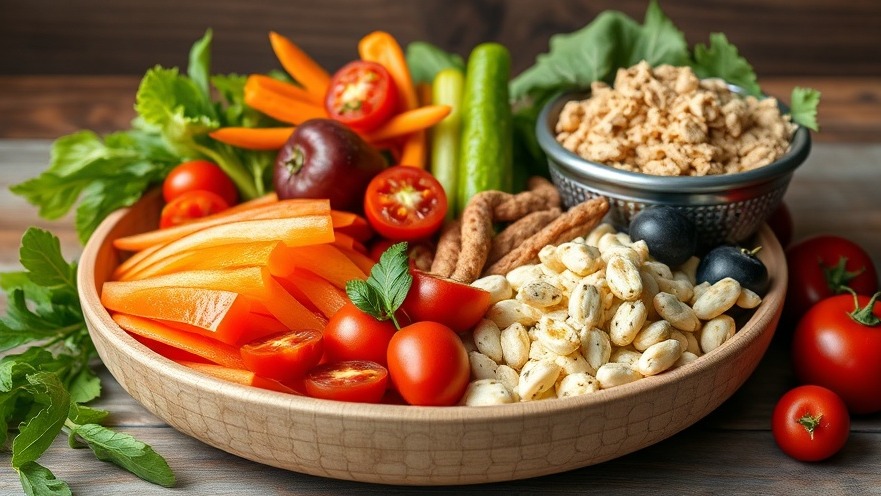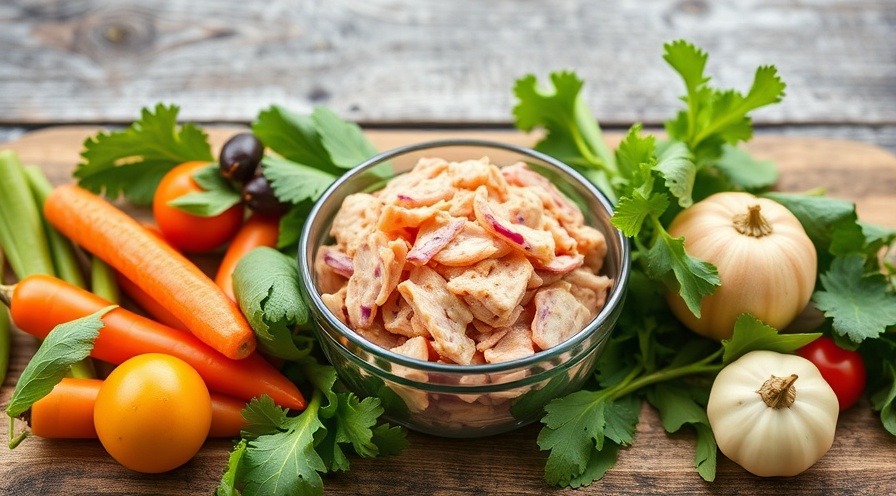
The Power of Plant-Based Living: A Guide to Thriving on a Vegetarian or Vegan Diet
In recent years, more people have embraced plant-based diets, whether for health, ethical, or environmental reasons. Choosing a vegetarian or vegan lifestyle is not just about avoiding animal products; it's about making informed decisions to nourish your body with the right balance of nutrients. This article will explore the benefits, essential nutrients, and tips for maintaining a healthy and sustainable plant-based diet.

Why Choose a Plant-Based Diet?
A vegetarian or vegan diet offers numerous advantages, from improved health to environmental sustainability. Let’s take a closer look at some of the key reasons why people adopt a plant-based lifestyle.
1. Health Benefits
Many scientific studies suggest that a plant-based diet can lower the risk of chronic diseases such as heart disease, diabetes, and certain cancers. Vegetarians and vegans often consume higher amounts of fiber, vitamins, and antioxidants while avoiding the saturated fats found in animal products. Here are some notable health benefits:
Heart Health: A plant-based diet is rich in fiber and healthy fats, which can help reduce cholesterol levels and lower the risk of heart disease.
Weight Management: Studies show that individuals following a plant-based diet tend to have lower body mass indexes (BMIs) compared to those who eat meat.
Diabetes Prevention: Whole plant foods help regulate blood sugar levels, reducing the risk of developing Type 2 diabetes.
Improved Digestion: High-fiber diets support gut health and prevent digestive issues such as constipation and bloating.

2. Ethical and Environmental Impact
Beyond personal health, many people choose vegetarianism or veganism for ethical and environmental reasons.
Animal Welfare: Many individuals are opposed to the treatment of animals in factory farming and opt for plant-based diets to reduce harm to animals.
Environmental Benefits: Animal agriculture is a leading cause of deforestation, greenhouse gas emissions, and water consumption. By choosing plant-based foods, individuals can lower their carbon footprint and contribute to a more sustainable planet.

Essential Nutrients for a Balanced Plant-Based Diet
While plant-based diets offer numerous benefits, it is important to ensure you get all the necessary nutrients. Below are some key nutrients that vegetarians and vegans should pay attention to:
1. Protein
Protein is essential for building and repairing tissues. Plant-based protein sources include:
Lentils, chickpeas, and beans
Tofu, tempeh, and edamame
Quinoa and whole grains
Nuts and seeds
2. Iron
Iron helps transport oxygen in the blood. Since plant-based iron (non-heme iron) is not as easily absorbed as animal-based iron, vegetarians and vegans should include iron-rich foods such as:
Spinach, kale, and Swiss chard
Lentils, beans, and tofu
Fortified cereals and whole grains
Eating vitamin C-rich foods like citrus fruits and bell peppers alongside iron sources can enhance absorption.
3. Vitamin B12
Vitamin B12 is essential for nerve function and red blood cell production. Since it is primarily found in animal products, vegans should consume:
Fortified plant milks and breakfast cereals
Nutritional yeast
B12 supplements (as recommended by a healthcare provider)
4. Omega-3 Fatty Acids
Omega-3s support brain function and heart health. Plant-based sources include:
Chia seeds and flaxseeds
Walnuts
Algal oil (a vegan alternative to fish oil)
5. Calcium
Strong bones and teeth require sufficient calcium. Dairy-free sources include:
Fortified plant milks (almond, soy, oat)
Tofu and tahini
Leafy greens like bok choy and collard greens
6. Vitamin D
Vitamin D is vital for calcium absorption and immune health. Those on plant-based diets can get it from:
Sun exposure
Fortified plant-based milks
Vitamin D supplements (preferably D2 or vegan D3)
Tips for Maintaining a Healthy Vegetarian or Vegan Diet

To thrive on a plant-based diet, it’s important to plan meals thoughtfully. Here are some tips to stay healthy and energized:

1. Eat a Variety of Whole Foods
A diverse diet ensures you get all essential nutrients. Focus on whole foods like fruits, vegetables, grains, legumes, nuts, and seeds instead of processed vegan alternatives.
2. Plan Balanced Meals
Every meal should include:
A protein source (tofu, beans, lentils, quinoa)
Healthy fats (avocado, nuts, seeds)
Complex carbohydrates (whole grains, starchy vegetables)
A variety of colorful fruits and vegetables for vitamins and minerals
3. Read Food Labels
Some processed foods may contain hidden animal products. Always check ingredient lists for non-vegan additives like gelatin, casein, or whey.
4. Stay Hydrated
Drinking enough water is essential for digestion, nutrient absorption, and overall well-being. Herbal teas and fresh juices are also good options.
5. Consider Supplementation
While whole foods should be the primary nutrient source, some individuals may need supplements for B12, vitamin D, or omega-3s. Consult with a healthcare professional for personalized advice.
6. Be Mindful of Protein Intake
Many new vegetarians and vegans worry about getting enough protein. By incorporating a variety of plant-based proteins, you can easily meet daily protein needs.
Delicious Plant-Based Meal Ideas
If you’re looking for inspiration, here are some simple and nutritious vegetarian and vegan meal ideas:
Breakfast
Oatmeal topped with chia seeds, banana, and almond butter
Tofu scramble with spinach, bell peppers, and whole-grain toast
Green smoothie with kale, mango, flaxseeds, and plant-based protein powder
Lunch
Quinoa salad with chickpeas, cucumbers, tomatoes, and lemon dressing
Lentil soup with whole-grain bread
Hummus and avocado wrap with mixed greens and sprouts
Dinner
Stir-fried tofu and vegetables with brown rice
Spaghetti with lentil-based marinara sauce
Stuffed bell peppers with quinoa, black beans, and salsa
Conclusion

Adopting a vegetarian or vegan diet can be a rewarding choice for both health and the planet. By focusing on nutrient-dense foods, planning balanced meals, and ensuring adequate intake of key vitamins and minerals, you can thrive on a plant-based diet. Whether you are transitioning to a meat-free lifestyle or have been plant-based for years, embracing variety and mindful eating will keep you feeling your best.
Plant-based living isn’t just a diet—it’s a lifestyle that benefits your health, the environment, and future generations. Make small changes, educate yourself, and enjoy the journey towards a more sustainable and compassionate way of eating.
 Add Row
Add Row  Add
Add 




Write A Comment